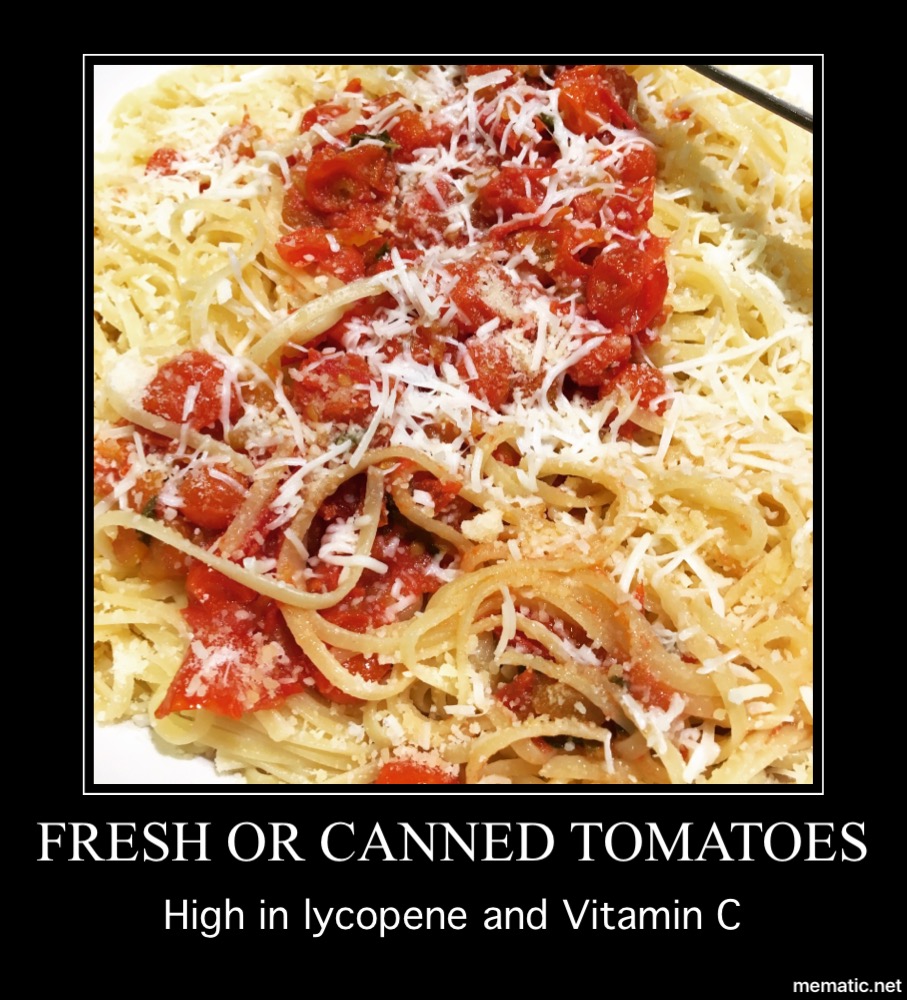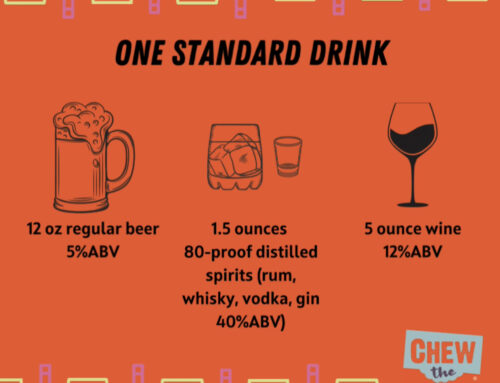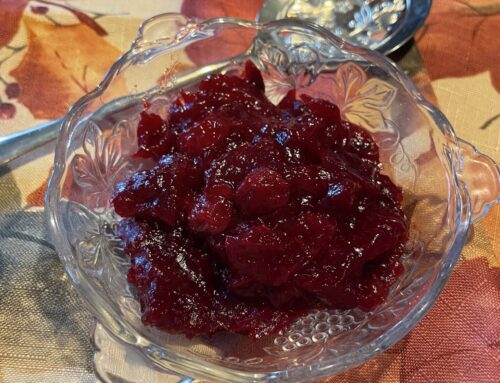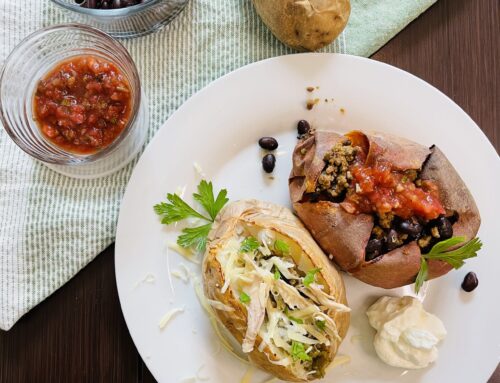Have you heard about the so-called “FLOSN” movement? Apparently this young adult movement is gaining ground. Since becoming a curmudgeon, I think it’s pretty ridiculous.
The acronym FLOSN stands for Fresh, Local, Organic, Seasonal, Non-GMO. I was shocked by a recent story about a college freshman who quit the first semester because the food served at her university didn’t meet her FLOSN standards (a la Food Babe, she describes how she couldn’t possibly function if she’s feeding her body “toxic chemicals”. If I were her parent, she’d be cultivating her own vegetable garden and supplying the local food bank during her self-chosen gap year after dropping out).
A few dietitians I know who teach at universities have made humorous statements about student demands, including,
“Students and millennials claim to want ‘farm to table’, but they’ve never been to a farm, and they don’t own a table”.
It’s difficult for baby boomers like me to swallow the demands of such elitists. Here’s why: We had grandparents and parents who lived through the Great Depression, when jobs and food were scarce. My grandfather owned a butcher shop where no part of any animal went unused. My grandmother baked several loaves of bread from one sack of flour; fed the fresh bread to her family, and sold the rest so she could buy the next sack of flour. She wasn’t able to demand that the flour be unbleached, organic, or “local”. And yes, Ms Millennial, many of these ancestors sacrificed their lives for you during WWII.
For any parent who has helped support a child’s college education, you’ll know there are enough extra expenses. Adding to the food bill won’t help secure spots for more students. Universities may provide some unhealthy choices, but they also provide many healthy ones, all of which can be consumed to create a healthy overall diet. Let’s not forget how challenging it is to feed 5000 to 45,000 students (My guess is that most students who subscribe to FLOSN have never prepared “Food for Fifty”).

So let’s chew the facts on FLOSN:
- FRESH. Sure, everyone loves fresh food. Fresh herbs flavor a dish in a completely different way than dried herbs do. This doesn’t mean dried herbs are bad for you. They are just different. They aren’t as bold in flavor, but they have a shelf life, which is awesome. Fresh isn’t always best though. In fact, often flash frozen vegetables retain more nutrients than fresh. When it comes to food safety, fresh isn’t always best either. If you purchase fresh fish or chicken, and don’t cook or freeze it right away, you’ve got a food-borne illness risk. We are fortunate to have a safe and convenient food supply, and options with longer shelf life.
- Bottom Line: Fresh isn’t always best and isn’t a hard rule for healthy eating 24/7.
- LOCAL. It’s great to support local farms and growers, but being able to enjoy local produce or meats depends on your geographic location. We have a local pub that supports local farms and bakeries, but they also serve a limited menu of about 4 items, and a much smaller crowd than a University serves. Nothing about “local” in itself makes it more nutritious or economical for the business. Local isn’t always tastier either. Sometimes we grow green beans in our garden that don’t taste anywhere near as good as big farms can grow, package and ship to my supermarket.
- Bottom Line: It is wonderful to form local partnerships, but to do this exclusively is not going to be in every business model, and certainly is not possible for most universities to pull off.
- ORGANIC. Many argue that Organic is more nutritious than traditional produce. While there may sometimes be some nutritional differences, they aren’t significant. Others argue that Organic is better because the farming method uses less pesticides. While it’s true that Organic uses “natural” and not synthetic pesticides, they are pesticides nonetheless. More often than not, higher doses are used on Organic farming than in conventional. Finally, for some, the more expensive organic produce is simply not in the food budget, or easily available in local markets.
- Bottom line: Organic is a choice, but not a necessity.
- SEASONAL. Again, when you live in the Northeast, you can’t enjoy “seasonal” fruits and vegetables all year, unless you have a root cellar and want to eat only potatoes, squash and turnips all winter. And it’d be unlikely your cellar would hold these vegetables in good condition. I use canned tomatoes most of the time, and my pasta dishes are delicious.
- Bottom Line: A healthy diet should include variety, and fresh, frozen, and canned fruits and vegetables can all serve a purpose.
- Non-GMO. Scientifically there is no great nutritional value to choosing Organic and/or non-GMO over traditional or GMO. Common foods that are genetically engineers include corn, soy, canola, and sugar beets. There is no harm in consuming products that may contain ingredients made from these plants. Overall, these comprise a fairly small part of your diet.
- Bottom line: there is no evidence that genetically engineered plants are harmful or have any variation in nutrition. While some claim environmental reasons for choosing to avoid GMO products, one could argue that there are many other industries which impact the environment. Overall, my view is that the pros outweigh the cons when it comes to GMO.
Who knows, perhaps some universities will begin a “FLOSN Food Plan” option at a much higher cost than the ‘traditional meal plan” for these spoiled students. Perhaps I’ll come up with my own acronym: “SCAN food rules movement” instead: Safe, Convenient, Affordable, Nutritional.
Yes, the college years are a period of personal growth, but growing up entails tolerating things that aren’t comfortable, making sacrifices, showing compassion for others, and eventually supporting yourself. By the time you graduate, you may begin to understand that you hold a small place in a big world. Holding up your fiduciary responsibility may involve a modification of the no-expense-spared mentality – whether it’s food, fashion or furniture purchases. Believe it or not, you may even be faced with a time when non organic pasta and a canned tomatoes help get dinner on the table.




